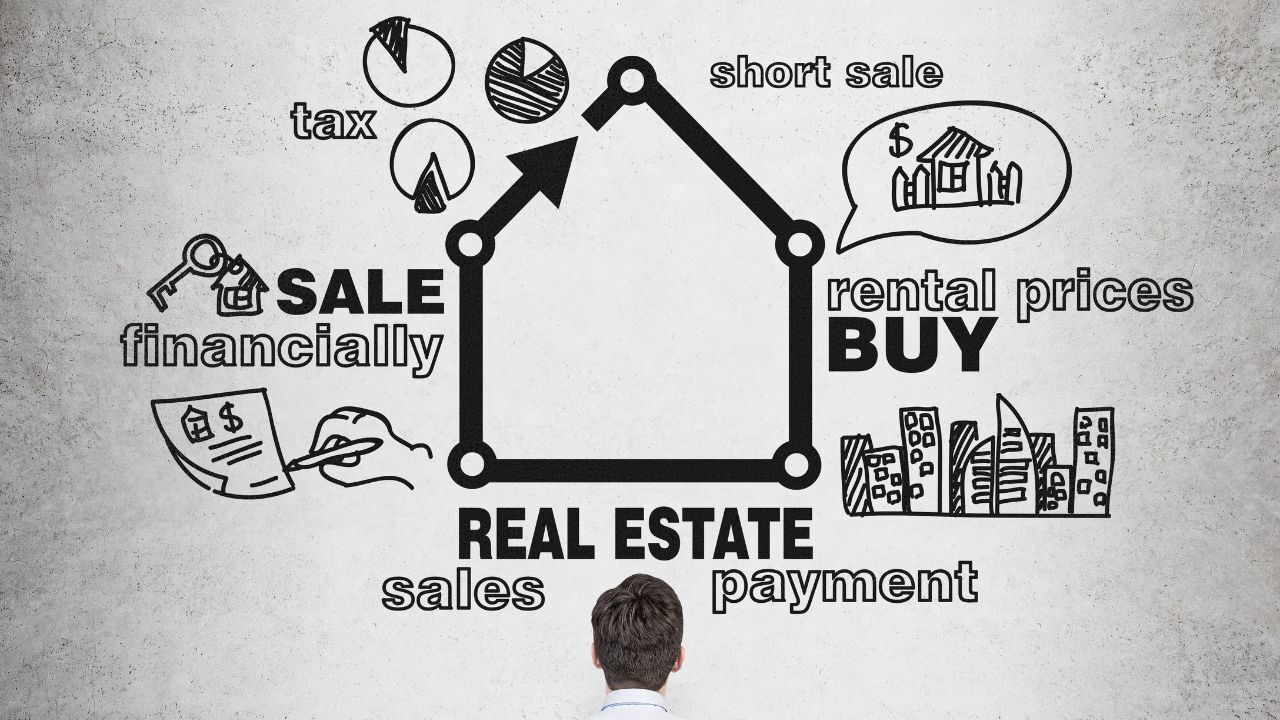 For many homeowners, pets are family, so it is natural to want a home that works for both humans and furry friends. The good news is that pet-friendly design does not have to compromise style or hurt resale value. In fact, many upgrades that make life easier for pets also appeal to future buyers.
For many homeowners, pets are family, so it is natural to want a home that works for both humans and furry friends. The good news is that pet-friendly design does not have to compromise style or hurt resale value. In fact, many upgrades that make life easier for pets also appeal to future buyers.
As real estate professionals, we often see homes with thoughtful pet features stand out in the market because they look purposeful, clean, and well maintained.
Choose Durable, Attractive Flooring
Flooring is one of the biggest concerns for pet owners. Scratches, stains, and wear can add up fast. Durable options like luxury vinyl plank, tile, and hardwood alternatives look beautiful and hold up incredibly well.
These flooring choices offer a modern appearance, easy cleaning, and long-term durability that buyers appreciate. When flooring looks good and can handle daily life, everyone wins.
Create Smart Storage for Pet Supplies
Pet items can easily clutter a home, but simple storage solutions keep everything organized and visually appealing. Built-in cubbies, stylish baskets, or a dedicated drawer for leashes, toys, and treats make the home feel tidy and intentional. Buyers notice when a home is organized, and thoughtful storage can make your space feel larger and more functional.
Add a Pet-Washing Station or Mudroom Area
A small pet-washing station, even a simple handheld sprayer in a tiled corner of the laundry room, adds convenience for pet owners and practicality for buyers. Mudroom areas with hooks, washable mats, and storage help manage messes before they spread throughout the home. These spaces appeal to families, outdoor enthusiasts, and pet owners alike, making them a smart addition for resale.
Incorporate Stylish but Functional Built-Ins
Built-in feeding stations, hidden litter box areas, or slide-out dog bowl drawers help maintain a clean, polished look while offering convenience. Buyers appreciate well-designed built-ins because they maximize space and reduce clutter. These upgrades look intentional rather than temporary, which adds value and enhances the homeís overall appearance.
Focus on Outdoor Spaces That Benefit Everyone
A fenced yard is one of the top requirements for pet owners, but it also appeals to families and buyers who enjoy gardening or outdoor entertaining. Adding shade, easy-to-clean patio surfaces, and safe, pet-friendly landscaping creates a backyard that works for everyone. Outdoor features that look great and require low maintenance are always attractive to buyers.
Pet-friendly upgrades do not have to look messy or overly customized. When done thoughtfully, they enhance daily living while adding charm, organization, and long-term appeal. The key is choosing features that are practical, stylish, and universally appealing to both pet owners and future buyers.
 Finding a home with a low price can feel exciting, especially in a competitive market. However, the lowest priced home on the block is not always the best value. While it may seem like a smart way to save money, the true cost often becomes clear only after you look deeper. Understanding the risks and hidden factors can help you avoid a purchase that may cost more in the long run.
Finding a home with a low price can feel exciting, especially in a competitive market. However, the lowest priced home on the block is not always the best value. While it may seem like a smart way to save money, the true cost often becomes clear only after you look deeper. Understanding the risks and hidden factors can help you avoid a purchase that may cost more in the long run. Many homeowners are surprised when they receive their annual property tax bill and notice an increase that feels higher than expected. The good news is that you have the right to appeal your property tax assessment if you believe it does not reflect the true value of your home. Understanding the process can help you protect your budget and ensure that you are being taxed fairly.
Many homeowners are surprised when they receive their annual property tax bill and notice an increase that feels higher than expected. The good news is that you have the right to appeal your property tax assessment if you believe it does not reflect the true value of your home. Understanding the process can help you protect your budget and ensure that you are being taxed fairly. Buying a home is exciting, but the language of real estate can feel overwhelming if you are new to the process. Many buyers hear unfamiliar terms at showings, in listings, or during conversations with lenders. Understanding this language gives you more confidence and helps you make informed decisions as you move through your home search.
Buying a home is exciting, but the language of real estate can feel overwhelming if you are new to the process. Many buyers hear unfamiliar terms at showings, in listings, or during conversations with lenders. Understanding this language gives you more confidence and helps you make informed decisions as you move through your home search. Today, we honor the brave men and women who have served our country with courage, strength, and selflessness. Your service allows us to enjoy the freedoms that make home and community possible.
Today, we honor the brave men and women who have served our country with courage, strength, and selflessness. Your service allows us to enjoy the freedoms that make home and community possible. Home appraisals are a crucial step in the home buying process. It determines the property’s fair market value and helps lenders decide how much money to loan for the purchase. Ideally, the appraisal matches or exceeds the agreed-upon purchase price. However, when the appraisal comes in lower than expected, it can cause stress for both buyers and sellers. Knowing how to handle this situation calmly and strategically is key to keeping the deal on track.
Home appraisals are a crucial step in the home buying process. It determines the property’s fair market value and helps lenders decide how much money to loan for the purchase. Ideally, the appraisal matches or exceeds the agreed-upon purchase price. However, when the appraisal comes in lower than expected, it can cause stress for both buyers and sellers. Knowing how to handle this situation calmly and strategically is key to keeping the deal on track.